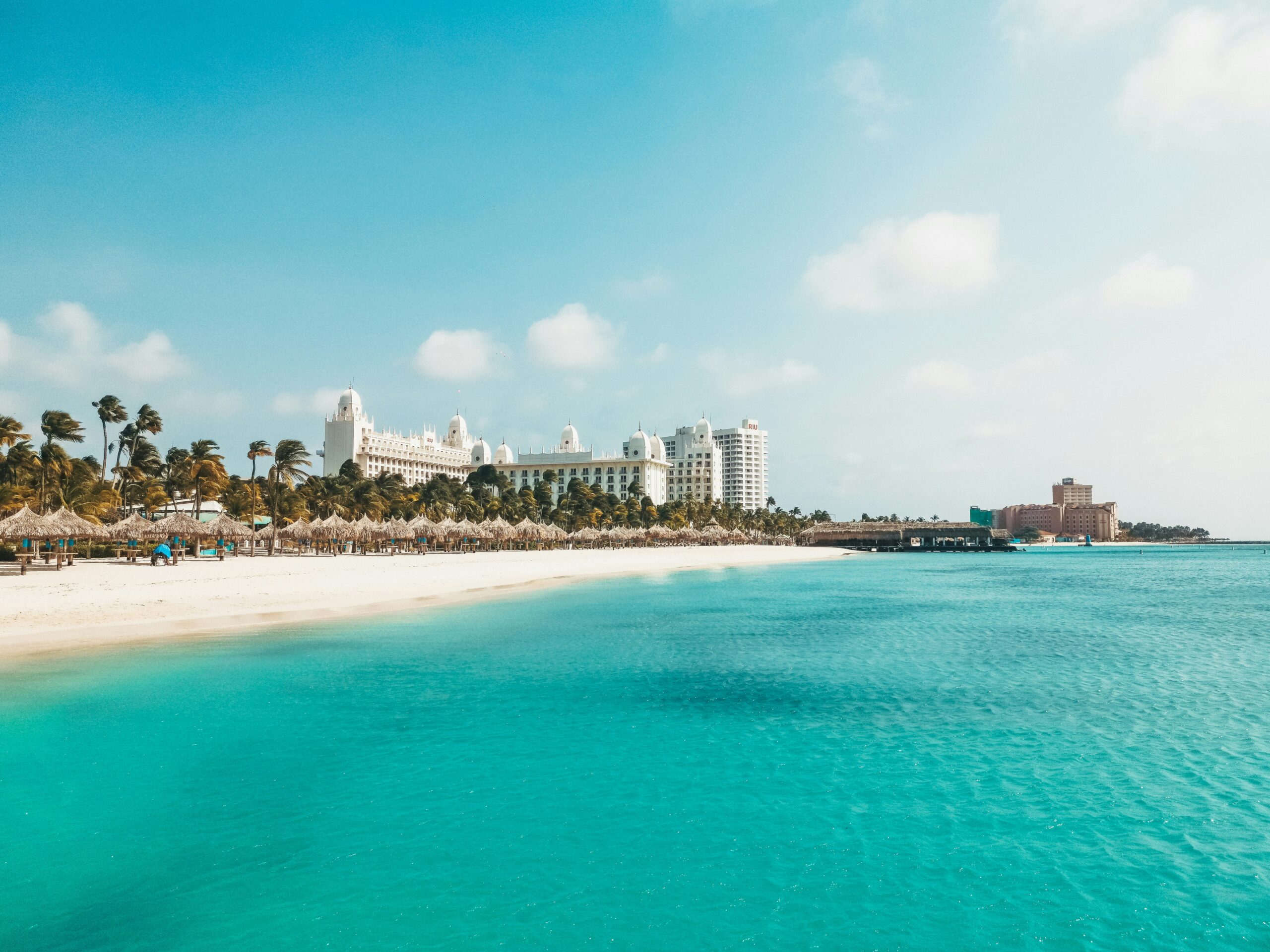If you visit beaches or swimming pools in Aruba, you will notice lifeguards on duty to ensure everyone’s safety. A lifeguard’s essential role is to prevent accidents and respond quickly in emergencies, which requires specialized training. Lifeguard training in Aruba serves this purpose—preparing individuals to protect swimmers at beaches, lakes, waterparks, and swimming pools.
Aruba, famously known as “One Happy Island,” is blessed with year-round sunshine, turquoise waters, and world-renowned beaches. Swimming, snorkeling, and water activities are extremely popular for both locals and tourists, creating a strong demand for lifeguards, especially during busy tourist seasons.
Lifeguards in Aruba serve at beaches, resorts, waterparks, and pools to ensure the safety of swimmers. With so many aquatic venues and a thriving tourism industry, lifeguarding has become an important profession in Aruba.
Lifeguard training in Aruba is the first step toward building a career in aquatics. Once certified by a respected organization such as the American Lifeguard Association (ALA), candidates are well-prepared to work at beaches, pools, and aquatic centers.
ALA training centers in Aruba provide multiple lifeguard programs and certifications. While demand peaks during the summer and holiday seasons, resort pools and indoor aquatic facilities ensure year-round opportunities.
With over 30 years of experience, ALA has trained lifeguards who serve communities across the world. Certification through ALA is recognized internationally and demonstrates professionalism and commitment to safety.
The American Lifeguard Association (ALA) is supported by Global Lifeguards and the Swimming Pool and Spa Foundation, nonprofit organizations committed to reducing drownings and improving aquatic safety.
ALA’s mission is to make swimming pools, beaches, and waterways safer. To achieve this, ALA partners with employers across North America and the Caribbean to train lifeguards and establish strong safety practices.
ALA has been recognized by leading organizations, including:
Programs reflect the latest ECC science and incorporate findings from the Lifeguard Training Standards Coalition Report. Employers are also required to meet Model Aquatic Health Code (MAHC) standards for pre-service evaluations and in-service training.

To enroll in the American Lifeguard Association’s lifeguard training course in Aruba, candidates must meet the following age requirements:
Candidates must also demonstrate the following swimming skills:
Upon successful completion, participants receive an ALA Certificate in Lifeguarding, CPR/AED for the Professional Rescuer, and First Aid, valid for two years.
Although lifeguarding is often seen as a seasonal or part-time job, in Aruba it can become a year-round career thanks to the tourism industry. With additional training, lifeguards can advance into higher roles such as:
These positions provide greater pay, leadership opportunities, and a long-term professional path in public safety.
During the ALA lifeguard training program, participants develop a complete set of rescue, CPR/AED, and first aid skills, including:
Rescue Skills
Caring for Head, Neck, or Back Injuries
CPR/AED and First Aid Skills
Final Skill Scenarios
Would you like to read about: Lifeguard training in United Kingdom
Palm Beach Area
Eagle Beach Area
San Nicolas Area (South Aruba)
Oranjestad Area (Capital Region)
Arashi Area (Northwest Aruba)
Other Scenic Spots
The main goal of lifeguard training is to prepare individuals to keep swimmers safe. Lifeguards monitor from elevated chairs, patrol beaches and pools, and use rescue tools to respond quickly in emergencies.
The American Lifeguard Association is recognized as one of the top aquatic health and safety training providers in Aruba. With over 30 years of experience, ALA delivers training guided by professionalism, ethics, and global safety standards.
For lifeguard training in Aruba, if you are searching for “lifeguard training near me,” the American Lifeguard Association is the right choice. For more information on ALA lifeguard training and certification programs, please contact us.
Here are some frequently asked questions about the Lifeguard Training program you can find more on our FAQ page if you don’t feel free to send us your questions on our contact us page
CPR training teaches lifeguards how to perform cardiopulmonary resuscitation on adults, children, and infants in case of cardiac arrest or drowning, ensuring oxygen and circulation until advanced help arrives.
AED (Automated External Defibrillator) training prepares lifeguards to use portable defibrillator devices to restore normal heart rhythm during sudden cardiac emergencies at pools or beaches.
Lifeguards must be able to swim at least 300 yards continuously, perform surface dives to retrieve objects, and complete timed rescues, proving strength, stamina, and water confidence.
You must be 15 years or older to work at swimming pools, lakes, or waterparks, and 16 years or older to work at beaches or waterfront areas.
Lifeguards can work at swimming pools, beaches, lakes, waterparks, resorts, and aquatic centers, with opportunities for part-time, seasonal, or full-time employment.
A lifeguard’s duties include monitoring swimmers, preventing unsafe behavior, performing rescues, giving first aid, using CPR/AED, and enforcing pool or beach safety rules.
No, lifeguards also work in indoor pools, aquatic centers, cruise ships, resorts, and waterparks, depending on their certification and skills.
An ALA lifeguard certification is valid for two years, after which lifeguards must renew through refresher or recertification courses.
The American Lifeguard Association has been approved for the Capital One Affiliate Program! for Tuition Assistance Loan
To stay updated with our special offers, subscribe to our weekly newsletter. We will not share your information with any third party.
8300 Boone Blvd 5th Floor Vienna, VA 22182
703-761-6750
Media Contact
703-856-8901
alalifeguard@aol.com